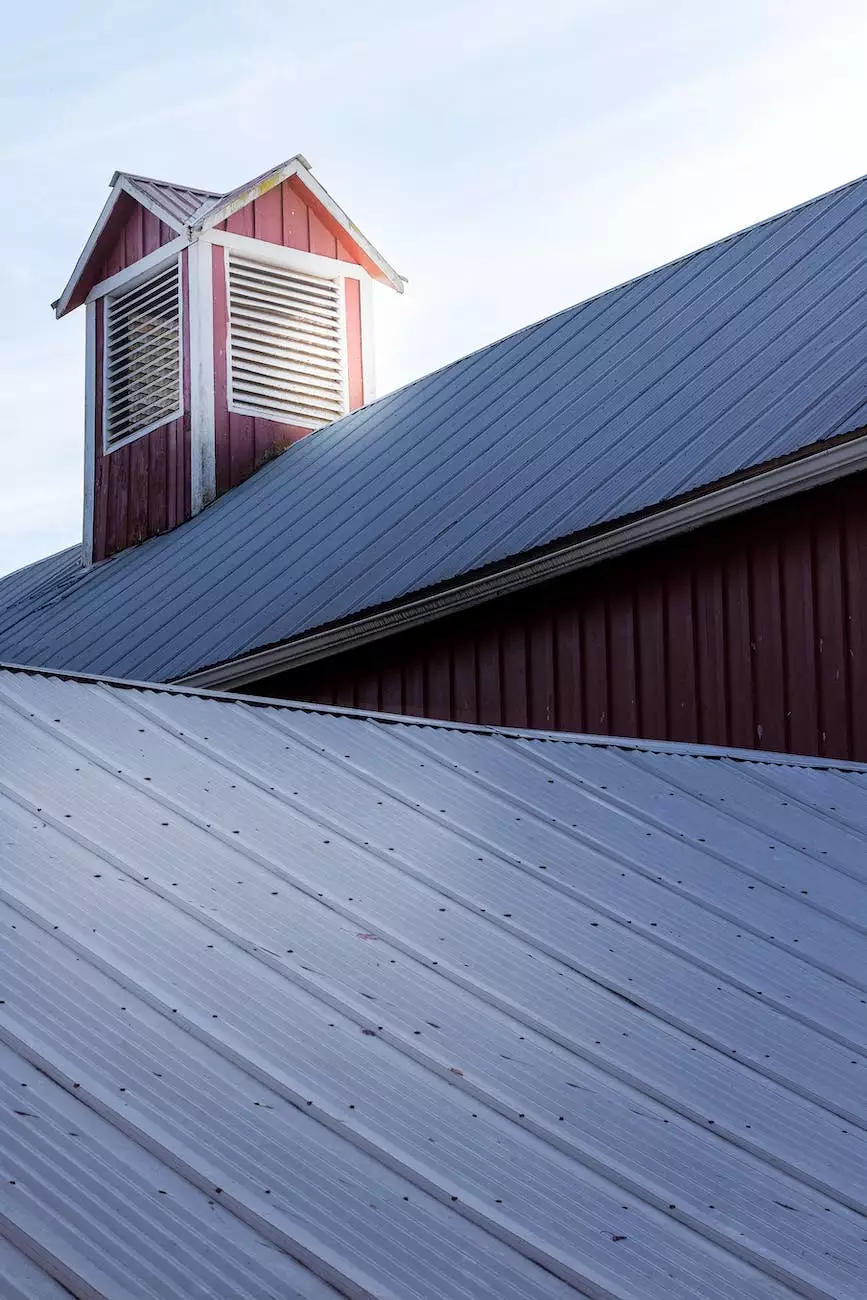What is the Best Underlayment for My Roof?
Roofing Solutions
When it comes to protecting your roof in Kansas City, choosing the right underlayment is crucial. The underlayment acts as a barrier between the roof deck and the roofing materials, providing an extra layer of protection against water, ice, and other elements.
Why is Underlayment Important?
Underlayment plays a key role in the overall performance and durability of your roof. It serves as a secondary line of defense against leaks and moisture penetration, ensuring that your home remains safe and dry even during severe weather conditions.
There are several types of underlayment available in the market, each with its own set of advantages and suitability for different roofing systems. Let's delve into some of the most commonly used underlayment materials and their benefits:
1. Asphalt-Saturated Felt
Asphalt-saturated felt, also known as roofing felt or tar paper, has been a popular choice for years. It is made of organic or fiberglass matting saturated with asphalt, providing exceptional durability and water resistance.
This type of underlayment is cost-effective, easy to install, and works well with most roofing materials. It acts as a moisture barrier, preventing water from reaching the roof deck. Additionally, asphalt-saturated felt provides some level of thermal insulation, helping to regulate indoor temperatures.
2. Synthetic Underlayment
Synthetic underlayment is a modern alternative to traditional asphalt-saturated felt. It is made of high-quality polymers, such as polypropylene or polyester, which offer superior performance and longevity.
One key advantage of synthetic underlayment is its enhanced tear resistance and durability, making it less prone to damage during installation or severe weather conditions. It is also lighter in weight compared to traditional felt, allowing for easier handling. Synthetic underlayment provides excellent protection against water infiltration and can be used with a wide range of roofing materials.
3. Rubberized Asphalt Underlayment
For enhanced waterproofing and flexibility, rubberized asphalt underlayment is an excellent choice. It is composed of asphalt reinforced with rubber polymers, creating a product that offers exceptional leak protection and superior strength.
This underlayment is particularly beneficial in areas prone to heavy rainfall or extreme temperature changes. Its rubberized composition allows for expansion and contraction without compromising its integrity. Rubberized asphalt underlayment is compatible with various roofing materials, including asphalt shingles, metal, and tile.
4. Self-Adhering Membrane
A self-adhering membrane, also known as a peel-and-stick underlayment, offers ease of installation and reliable protection. It is made of rubberized asphalt or modified bitumen bonded to a peel-away backing.
This type of underlayment forms a watertight seal when applied correctly, providing an added layer of defense against leaks and moisture intrusion. Self-adhering membranes are especially advantageous in areas prone to high winds or heavy storms.
Choosing the Right Underlayment for Your Roof
When selecting the best underlayment for your roof in Kansas City, it is essential to consider various factors, including your roof slope, local climate, and intended roofing materials. Consulting with a professional roofing contractor, such as St Louis Premium Roofing, can help you make an informed decision based on your specific needs and budget.
Our experienced team at St Louis Premium Roofing understands the importance of selecting the right underlayment for optimal roof performance and longevity. We are dedicated to providing expert advice and recommendations tailored to your unique roofing requirements.
Contact St Louis Premium Roofing today to discuss the best underlayment options for your roof in Kansas City. Trust us for quality roofing solutions backed by years of experience and unmatched customer satisfaction.




